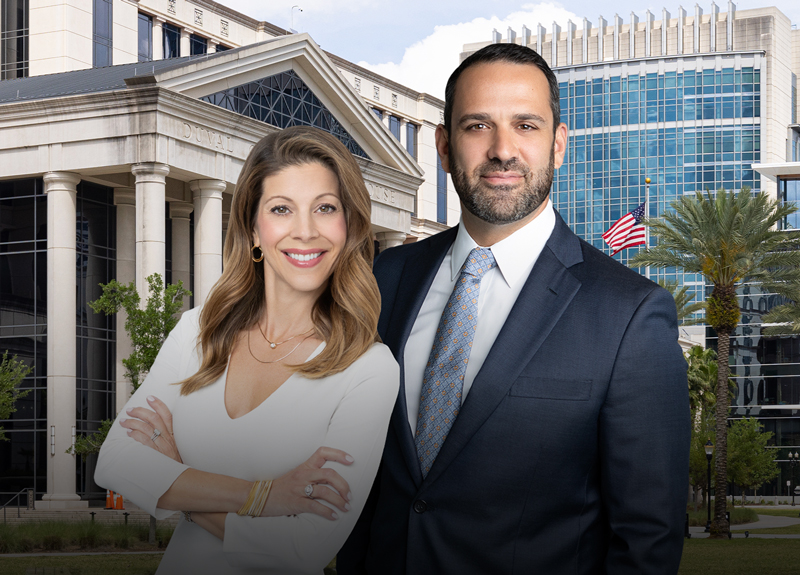How To Prevent Scarring After a Burn Injury
It’s been said that scars are a living map of a person’s experiences, but scars can also be an unwanted reminder of a traumatic experience. Burn scars, in particular, are some of the most difficult to treat. The more severe the burn is, the more problematic the scars may be.
Scars from first-degree burns are the most superficial and least likely to leave permanent scars, as they only affect the outer layer of skin. Second-degree burns reach the second layer of skin, known as the dermis. As such, healing second-degree burn scars can be a slow and arduous process.
Third- and fourth-degree burns may be considered catastrophic injuries, as they can cause damage all the way to a person’s bones. Scarring after these types of burns may be intense and require surgical correction.
Regardless of the kind of burn you experience, though, taking the necessary steps to prevent scarring is crucial.
Step One in Prevention: Seek Proper Treatment
The most important step in scar prevention is to receive or provide medical treatment. First-degree burns can typically be treated at home by following these steps:
- Cool the burn using cool (not icy cold) water until the pain subsides
- Apply a burn cream two to three times a day
- Keep the area covered with a clean bandage
- Keep the burn out of direct sunlight
- Take over-the-counter pain medication if needed
Second-degree and more severe burns should be treated by a doctor, especially burns that cover more than three inches of your skin. These can occur in a variety of ways, including a home fire or during the aftermath of a car accident. You may have a second-degree burn if the skin is discolored, blistering, or appears swollen or shiny.
Any burn that appears infected requires medical treatment as soon as possible. Signs of infection include severe pain, pus-like fluid leaking from the burn, and a foul odor. If you have any of these signs of infection plus a fever, visit an emergency room for immediate care.
Methods of Burn Scar Treatment
Speak with your doctor before starting any program for scar prevention. A burn’s level of healing can influence which scar treatments are appropriate and effective.
Over-the-Counter Treatments
OTC treatments include items you can purchase at any drugstore, such as moisturizers and silicone gel sheets. Choose products that are fragrance-free to avoid irritating sensitive new skin, and always follow the manufacturer’s directions for each product. Topical treatments like these are most effective when the burn is healed and the scars are new.
Massage Therapy
Massage therapy can reduce the sensitivity, pain, and itchiness that often accompanies burn scars, but it has also been shown to reduce scarring altogether. Manipulating the scar tissue with a massage can improve skin health and lessen the appearance of scars in the long run.
Pressure Therapy
The use of pressure garments worn over scarred areas is a common means of treating burn scars. However, pressure therapy is a slow process and should be used for at least six months to be effective. Additionally, pressure therapy garments should be worn for approximately 23 hours per day.
Medical Methods
Methods your healthcare provider may suggest include steroid injections, laser therapy, and surgery. These methods are typically reserved for severe or disfiguring scarring or contracture scars that interfere with daily function.
Find Support and Acceptance
Surviving a serious accident that leaves you with burn scars can not only affect your physical health but also your mental health in many ways.
If you’re having a hard time accepting the changes in your appearance, reaching out to a mental health professional may help with your emotional healing. Physical scars may not always heal, but your emotional scars can when provided with the right support.
Contact the Jacksonville Personal Injury Law Firm of Baggett Law Personal Injury Lawyers Today For Help
For more information, please contact the Jacksonville and Ponte Vedra personal injury law firm of Baggett Law Personal Injury Lawyers at the nearest location to schedule a free consultation today.
We serve Duval County, St. Johns County, and its surrounding areas:
Baggett Law Personal Injury Lawyers – Jacksonville
9471 Baymeadows Rd #105,
Jacksonville, FL 32256
(904) 396-1100
Baggett Law Personal Injury Lawyers – Downtown Jacksonville
121 W Forsyth St Suite 1000,
Jacksonville, FL 32202
(904) 822-4225
Baggett Law Personal Injury Lawyers – Ponte Vedra
480 Town Plaza Ave #130,
Ponte Vedra Beach, FL 32081
(904) 675-1167

